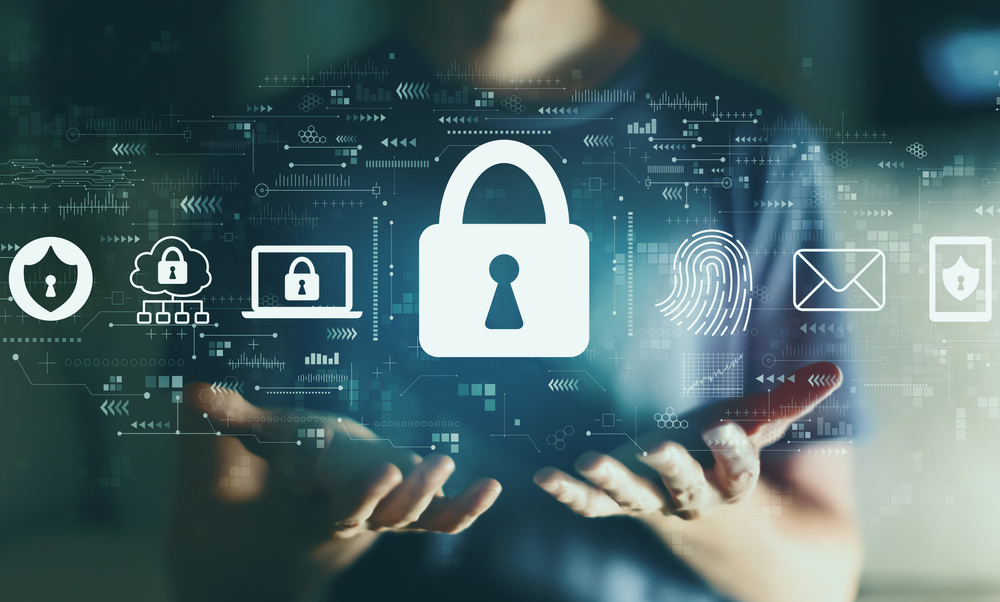Digital footprints are as common as physical ones. The spectre of government surveillance looms large. From casual internet users to tech-savvy individuals, the question isn’t if your data can be accessed, but rather how to safeguard your personal data against prying eyes. Let’s delve into effective strategies for safeguarding your personal information from government surveillance but before that let’s understand why a government might be inclined to spy on individuals.
Why would the government spy on you?
Government may engage in surveillance for various reasons, primarily centered around national security, law enforcement, and maintaining social order. For instance, to thwart potential terrorist threats or criminal activities, government monitor communications and activities that could pose a risk to public safety. Additionally, in some cases, surveillance is used to suppress political dissent, control information flow, or gain economic advantages through espionage. While the average citizen might not be a direct target of intense government spying, the digital age has made data collection more pervasive, inadvertently involving many in the web of surveillance. Understanding this dynamic is crucial, as it underscores the importance of digital privacy practices not just for safeguarding against government intrusion but also for protecting against cyber threats in a broader sense.
Notable example of government surveillance on citizens is the PRISM program, which was revealed by Edward Snowden in 2013. PRISM is a surveillance program operated by the United States National Security Agency (NSA). Under this program, the NSA collects internet communications from various U.S. internet companies. The program allows the NSA to gain access to emails, documents, audio and video chats, photographs, and other types of data from companies like Google, Facebook, Microsoft, and Apple.
The revelation of PRISM sparked a global debate about privacy, the extent of government surveillance activities, and the balance between national security and individual rights. It showed how governments could use technology to monitor the online activities of millions of people, often without their knowledge or consent. This example underscores the capabilities of government agencies to conduct large-scale surveillance in the digital age and the importance of legal and ethical frameworks to protect citizens’ privacy rights.
7 Ways to Protect Your Data from Government Spying:
Here are some practical strategies to protect your personal information from government spying.
- Embrace Encryption: Your First Line of Defense
Encryption is the cornerstone of digital privacy. It scrambles your data, making it indecipherable to anyone without the key. Start with end-to-end encrypted messaging apps like Signal or WhatsApp for communication. For emails, consider services like Siccura Mail. Encrypting your hard drive is also a wise move—tools like BitLocker (Windows) or FileVault (Mac) can secure your data at rest.
- Dive into the World of VPNs
Virtual Private Networks (VPNs) are your digital invisibility cloaks. They mask your IP address and encrypt your internet traffic, making your online activities nearly impossible to track. However, choose your VPN provider wisely. Opt for those with a strict no-logs policy and favorable jurisdiction, outside of the 14 Eyes surveillance alliance.
- Tighten Your Browser’s Leash
Your web browser is a treasure trove of information. Minimise its leakiness by using privacy-focused browsers like Tor or Brave. Regularly clear cookies, or better yet, use browser extensions like Privacy Badger or uBlock Origin to block trackers. Consider using search engines like DuckDuckGo that don’t track your queries.
- Step Up Your Password Game
Weak passwords are like leaving your digital doors unlocked. Use complex, unique passwords for different accounts and store them in a reputable password manager. Enable two-factor authentication (2FA) wherever possible, favouring app-based or hardware tokens over SMS.
- Keep a Low Profile on Social Media
Social media platforms are fertile ground for data harvesting. Be mindful of the information you share. Adjust privacy settings to limit who can see your posts, and think twice before divulging sensitive personal information.
- Regular Software Updates: Don’t Procrastinate
Software vulnerabilities can serve as backdoors for surveillance. Keep your operating system, applications, and firmware up-to-date. Regular updates not only introduce new features but also patch security loopholes.
- Know the Signs of Surveillance
Staying informed about the potential signs of being monitored can help you take timely action. Unexpected behavior from your devices, such as sudden slowdowns, unusual battery drainage, or unexpected data usage spikes, could be red flags. Stay vigilant and consider consulting a cybersecurity expert if you suspect your devices have been compromised.
Information is both currency and weapon. Protecting your personal data from government spying is not about having something to hide; it’s about preserving your fundamental right to privacy. By adopting these strategies, you not only shield your personal information but also contribute to a broader culture of digital rights awareness and advocacy. Remember, the most powerful tool in your arsenal is knowledge, and staying informed is the key to safeguarding your digital self.


